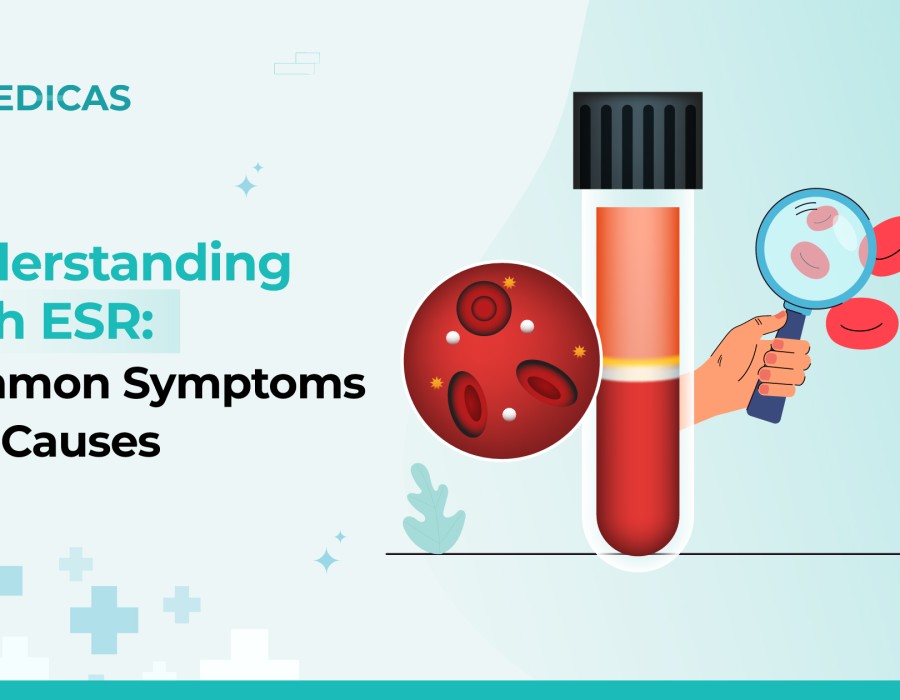The erythrocyte sedimentation rate (ESR) is a simple blood test that helps detect inflammation in the body. While a high ESR alone doesn’t diagnose a specific disease, it can point to underlying issues such as infections, autoimmune disorders, or chronic illnesses.
When the ESR level is high, it means red blood cells settle faster than normal, suggesting that the body may be fighting inflammation or infection. Some common symptoms linked with high ESR include persistent fatigue, low-grade fever, muscle or joint pain, and unexplained weight loss. Women may also experience specific signs like menstrual irregularities, pelvic pain, or fatigue due to anemia or hormonal changes.
The causes of high ESR vary and can include bacterial or viral infections, rheumatoid arthritis, lupus, kidney disease, and certain cancers. In women, pregnancy or hormonal changes may also raise ESR levels naturally.
Treatment depends on identifying and managing the underlying cause. Doctors may suggest further tests such as CRP, CBC, or imaging scans to determine the reason for the inflammation. Alongside medical care, maintaining a healthy lifestyle—eating an anti-inflammatory diet, staying active, and getting enough rest—can help support recovery.
If you experience persistent symptoms like fever, fatigue, or joint pain, consult a healthcare professional for proper evaluation.
Read the full blog on Medicas: https://medicasapp.com/blogs/high-esr-symptoms-and-causes/





Comments